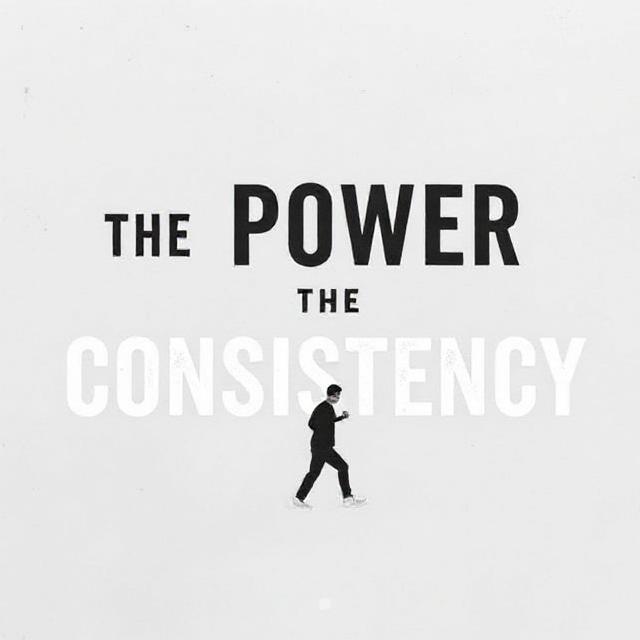Introduction

We live in a world where notifications, social media, and constant digital noise fight for our attention every second. Staying focused has become more difficult than ever. But focus is not a gift — it’s a trainable skill. With the right mindset and daily habits, anyone can develop strong mental clarity and productivity, even in a distraction-filled environment.
In this guide, you will learn practical steps to control your attention, reduce digital noise, and train your brain to stay sharp and disciplined.
1. Understand the Real Enemy: Digital Distractions
Distractions are not just the apps on your device — they are the habits that make you reach for them.
Ask yourself honestly:
- Do you check your phone the moment a notification appears?
- Do you switch tasks often without finishing them?
- Do you open social media without a clear reason?
Awareness is the first step. Once you recognize your triggers, you can control them instead of letting them control you.
2. Set Clear Intentions Before Using Any Device
Most people open their phones without a purpose. That’s how they fall into endless scrolling.
Before touching any device, ask yourself:
- Why am I opening this app?
- What exactly do I want to do?
- How much time will I spend?
This simple mental check keeps you intentional rather than reactive.
3. Use the “Single-Task Rule”
Multitasking feels productive, but it actually reduces efficiency. Your brain performs best when it focuses on one task at a time.
How to apply it:
- Choose one task.
- Set a timer for 25–30 minutes (Pomodoro Technique).
- Work with full focus — no switching tabs or checking messages.
- Take a short 5-minute break, then return.
This technique helps the brain enter a deep focus state, improving both speed and quality of work.
4. Turn Off Non-Essential Notifications
Every notification is a micro-interruption that pulls your brain out of focus. Most apps are designed to grab your attention, not help your productivity.
What to do:
- Turn off notifications for social media.
- Keep only essential alerts (calls, messages, work apps).
- Use “Do Not Disturb” mode when working.
Less noise = more mental space = deeper focus.
5. Build a Distraction-Free Environment
Your environment shapes your behavior. If your work area is full of open tabs, devices, or noise, your mind stays scattered.
Create a focused setup:
- Keep your workspace clean.
- Close all unrelated apps and tabs.
- Keep your phone away or in another room while working.
- Use focus apps or website blockers if needed.
When your space is clear, your mind becomes clear.
6. Practice Mindfulness to Strengthen Mental Discipline
Most distractions come from internal restlessness, not just external triggers. When the mind gets bored, it seeks stimulation. Training mindfulness helps increase self-awareness and attention control.
Simple mindfulness practice:
- Sit quietly for 3 minutes.
- Focus only on your breathing.
- When thoughts or urges appear, gently bring your mind back without judgment.
This small habit rewires your brain for focus and calmness.
7. Create a “Focus Ritual” Before Starting Work
A ritual signals to your brain that it’s time to enter a focused mode.
Example Focus Ritual:
- Clear your desk.
- Set a timer.
- Take 3 deep breaths.
- Say: “For the next 30 minutes, my only job is to focus.”
This mental switch increases discipline and commitment.
8. Respect Your Energy Levels
Focus is not just about willpower — it’s also about energy management. When you are tired, your brain seeks easy distractions.
To maintain high mental energy:
- Get proper sleep.
- Drink enough water.
- Take short breaks after deep work sessions.
- Avoid consuming too much digital content in the morning — start your day with clarity, not chaos.
Conclusion: Train Your Focus Like a Muscle
In a world full of distractions, focus becomes a superpower. You don’t need to eliminate technology — you just need to control how you use it. By applying these small habits daily, your ability to stay focused will grow stronger.
Call to Action
Start with just one change today — maybe turning off notifications or trying a 25-minute focus session. Small steps create long-term transformation.



